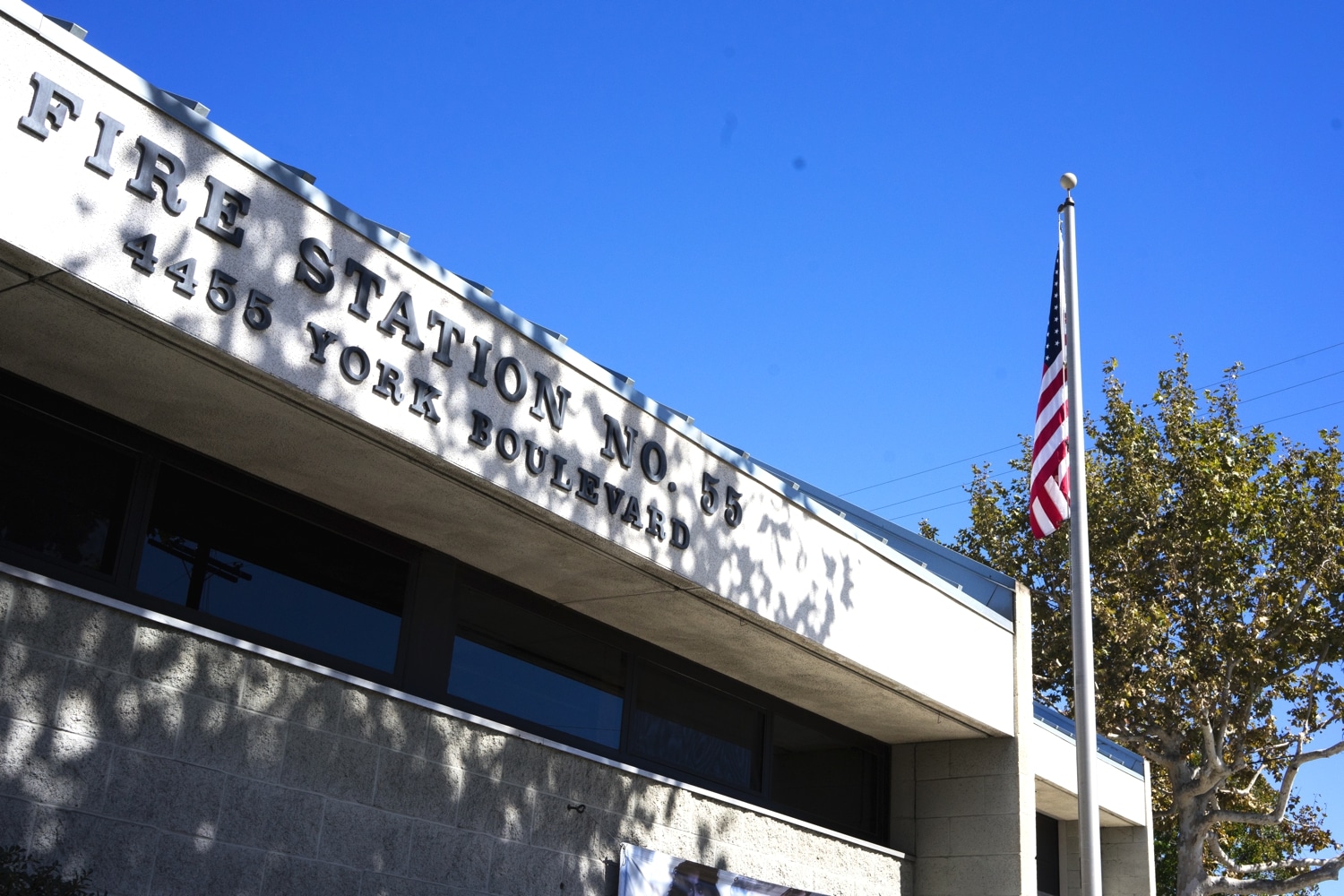
The largest of the Northern California wildfires — the Tubbs, Atlas, Redwood and Potter fires — spread across wine country on the night of Oct. 8, forcing some Occidental students’ friends and families to evacuate. According to news reports, strong winds over 50 mph, the late timing of the blazes (which started between 9 p.m. and 11 p.m.) and ample dead vegetation were some suspected accelerants of the wildfires. State and local authorities stated that the fires left 17 people dead on the first night and pushed 20,000 residents to evacuate. Recent estimates confirmed that the fires killed 42 people and destroyed 8,400 buildings, making it the deadliest series of fires in California history.
Francisco Hudson (first year) lives in Berkeley, about an hour and a half from Santa Rosa, California. Although Hudson did not return home for fall break, he said his grandparents, aunts, uncles and cousins live in Santa Rosa. They received an evacuation warning at night and did evacuate, although their house did not burn.
“My cousins took some videos on a Snapchat story of just driving through completely destroyed neighborhoods that I recognize. I recognize the roads, but the houses were just gone. It looked like a wasteland,” Hudson said.
According to Hudson, the declining air quality from the fires physically affected his family in Berkeley. Conditions got to the point where the local government advised residents to wear masks outside. Hudson said that hearing about these conditions was striking, as before the fires he had only heard of natural disasters on the East Coast.
According to Hudson, his family told him that the sky was red and there were no birds out.
“It was oddly quiet. It made me feel a little vulnerable because you never think that natural disasters will affect you. If my home was destroyed, I don’t know how I would deal with that. The fact that my little sister might be breathing bad air quality, because they won’t even close down the schools — that just didn’t feel great,” Hudson said.
Hudson said that neighborhood restaurants were giving free food to people in the neighborhood.
“It honestly looked like it was a war zone. It was just rubble that fire was burning out of, there were burnt trees and it was very hazy. It felt really ominous. It looks like a zombie movie or something,” Hudson said.
Corrie McKee (sophomore) has friends, family and a new home in Loma Rica, California. She said that her parents, grandfather and dog evacuated their house.

“They all woke up one morning and they heard some sounds. My dad went outside and saw the light of the fire, and then they had to hurry to pack up the car and leave the house and go to this gas station, and everyone was going there [the gas station] that had to evacuate,” McKee said.
According to McKee, her family did not get the evacuation warning because they are new to the area. She said that they could not go back for two to three days until the road opened up again. Although the fires did not damage their house, the houses across the street were starting to burn.
“There was this one pizza place [Pizza Roundup] that stayed up and people were surprised, because everywhere around it was burned,” McKee said.
McKee said being on campus while her family and town faced the fires was difficult. She said that she constantly called her parents and checked the news throughout the day.
“It was seriously the most stressful thing ever,” McKee said.
The college was supportive during these times, according to McKee. She said that her volleyball coach asked her if she wanted to meet with anyone in Emmons Wellness Center or with the coach herself.
Erica O’Neal Howard, senior associate dean of students, sent an email to students on behalf of the Dean of Students’ Office Oct. 10, expressing the college’s support for those affected.
Rob Flot, vice president for student affairs and dean of students, said that staff members in the Dean of Students Office make themselves accessible as a support center for students, especially during times like these.
“Whenever there is a natural disaster anywhere in the U.S. or anywhere in the world where we might have students, we want to reach out to students who may be affected to let them know we’re aware of the situation and to let them know there are resources on campus,” Flot said.
Flot said that affected students are welcome to come into his office to have a conversation regarding the disaster, but more serious cases might involve other campus resources. According to Flot, his office is always keeping up with disasters that may be affecting students’ homes.
“We did the same thing for the hurricane of Houston, for the hurricane tropical storm that went through Puerto Rico and in the East Coast of the U.S. If there was a blizzard in New York or a tornado in the Midwest, we would do the same. What we typically do is say, ‘hey, where’s the region,’ and pull a list of students whose area codes match that area,” Flot said.
![]()



































